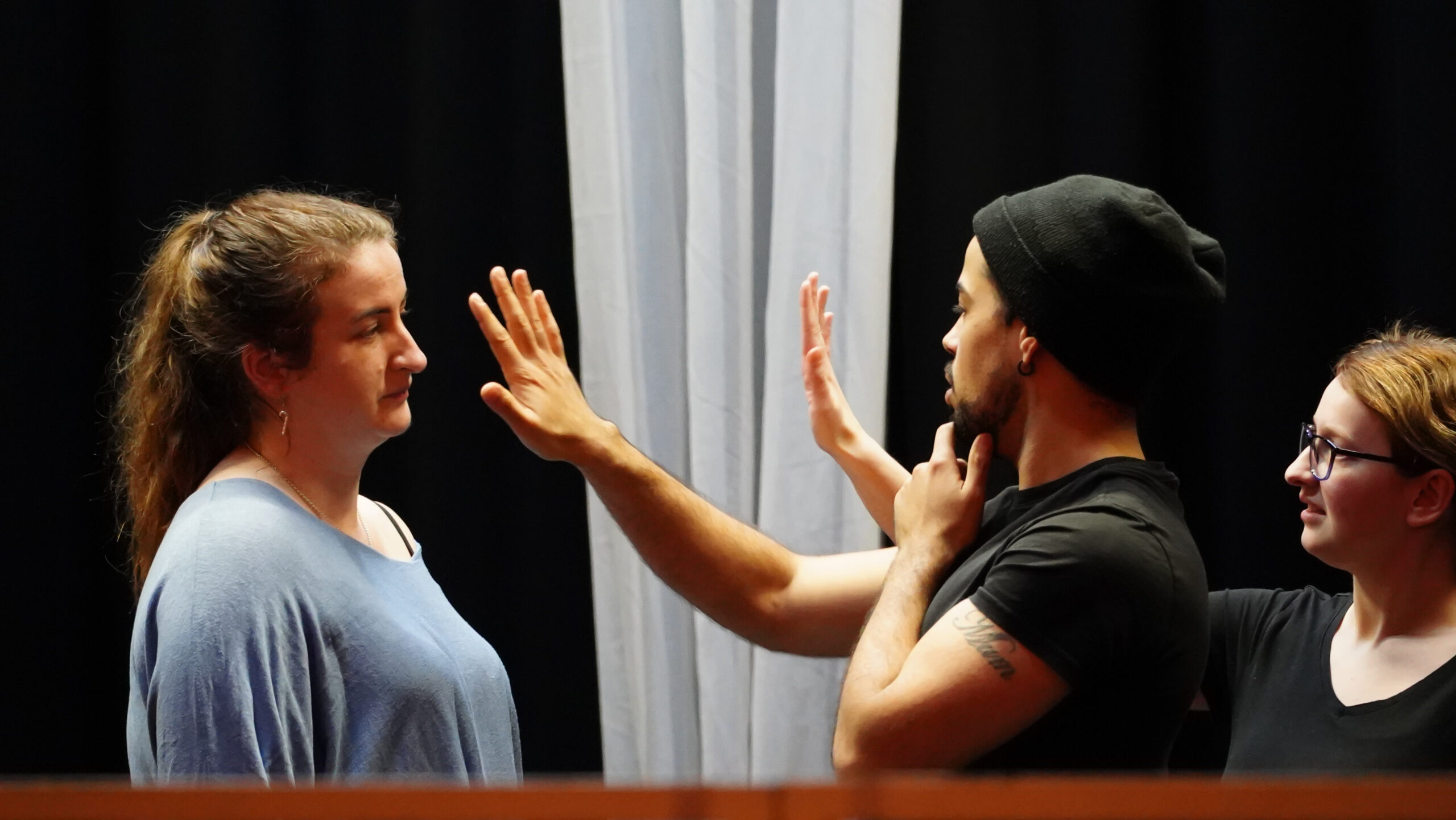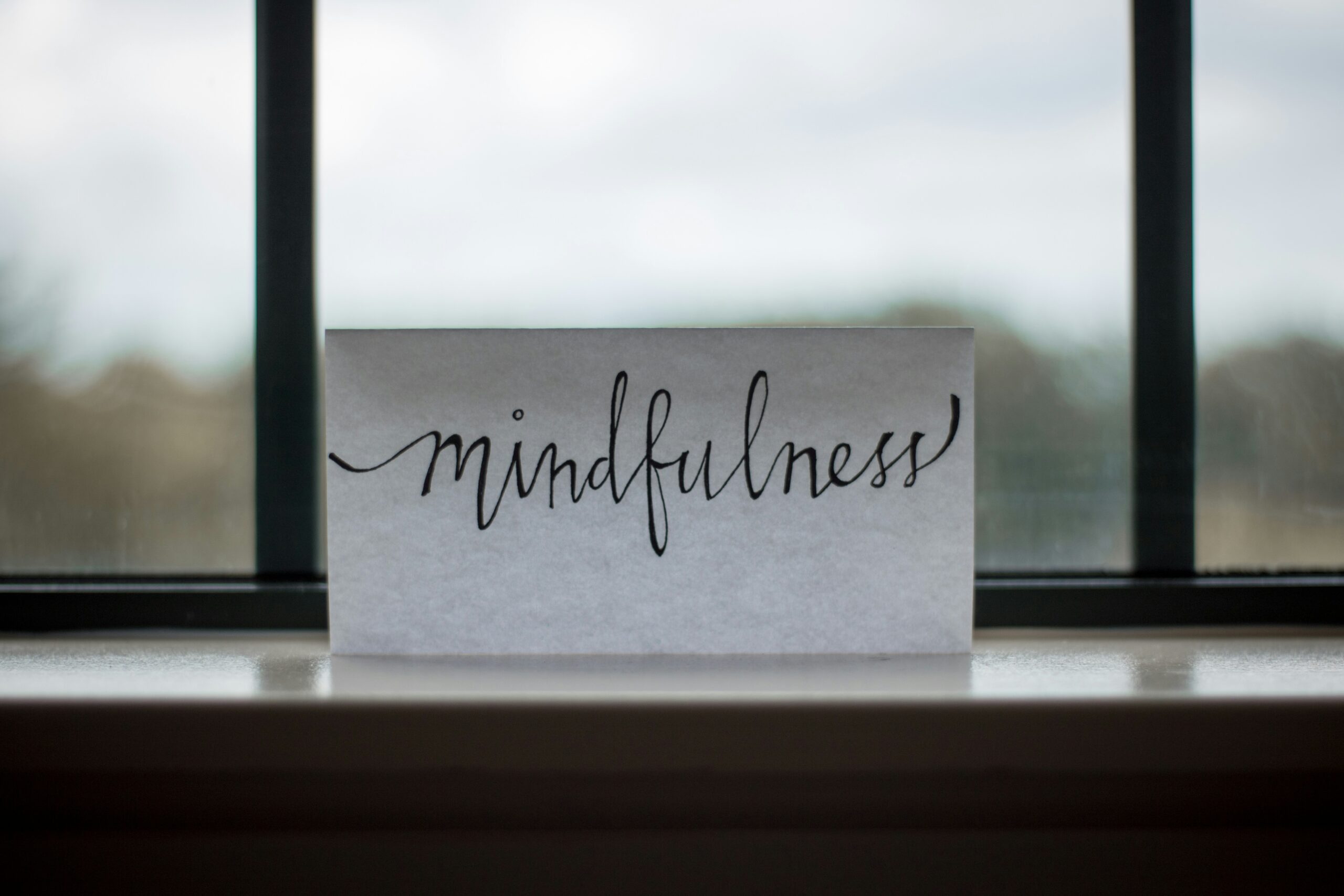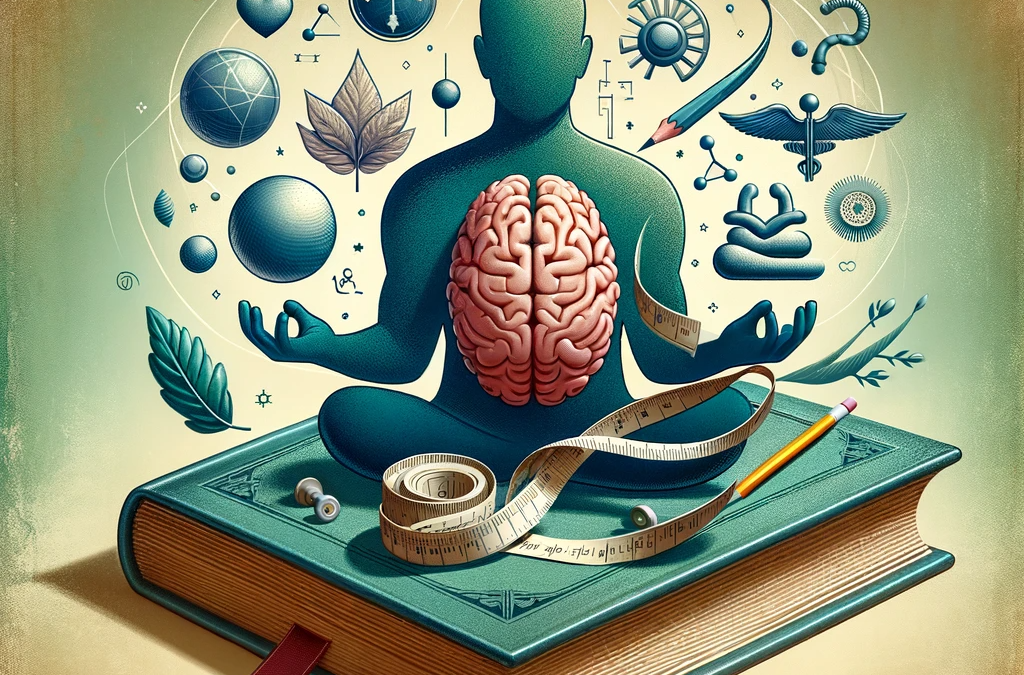Bessel Van Der Kolk's Perspective: Stage Fighting as a Pathway to Mental Wellness?
Innovative approaches to mental health recovery are constantly emerging, challenging traditional therapy methods and offering new pathways to healing. One such groundbreaking concept is the use of stage fighting as a therapeutic tool, a notion developed by us here at Fight It Out. Our argument may have strong support with Bessel Van Der Kolk and his seminal work on trauma, “The Body Keeps the Score.” As a renowned psychiatrist and leading expert in the field, Van Der Kolk’s insights into how trauma impacts the body and mind provide a compelling foundation for exploring the potential of stage combat in therapy. This article aims to bridge the gap between Van Der Kolk’s extensive research on mental health and the practical application of stage fighting in trauma recovery. We will delve into how the principles of trauma therapy, as presented by Van Der Kolk, align with the dynamics of stage fighting, offering a unique and effective approach to healing and wellness.
Bessel Van Der Kolk and His Groundbreaking Work in Mental Health
Bessel Van Der Kolk stands as a towering figure in the field of mental health, particularly known for his groundbreaking work on understanding and treating trauma. His extensive research and clinical practice have significantly contributed to our understanding of how traumatic experiences impact the brain, body, and mind.
Pioneering Trauma Research
Van Der Kolk’s work has consistently emphasised the profound effects of trauma on an individual’s physical and psychological well-being. He is renowned for exploring how traumatic experiences can alter brain function and structure, leading to challenges in self-regulation, memory, and interpersonal relationships.
“The Body Keeps the Score”
In his influential book, “The Body Keeps the Score,” Van Der Kolk delves into the complex interplay between traumatic experiences and the body’s response. He explains how trauma can become deeply embedded, not just in the mind but in the body itself, manifesting through various physical and emotional symptoms. The book is a treasure trove of insights, shedding light on the science of trauma, its treatment, and the path to recovery.
Holistic Approach to Treatment
A key aspect of Van Der Kolk’s approach is his advocacy for holistic treatment methods. He argues that effective trauma therapy must go beyond traditional talk therapy to include the body in the healing process. His endorsement of techniques like yoga, mindfulness, and other body-centred therapies has been a game-changer in treating trauma.
Impact on the Mental Health Community
Van Der Kolk’s work has had a profound impact on how mental health professionals understand and treat trauma. He has challenged conventional perspectives, offering new, more comprehensive approaches to healing. His contributions have not only advanced the field of trauma therapy but have also provided hope and understanding to countless individuals affected by traumatic experiences.
Understanding Mental Health Through Van Der Kolk’s Lens
Bessel Van Der Kolk’s seminal book, “The Body Keeps the Score,” sheds invaluable light on the nature of trauma and its treatment. His perspectives provide a robust framework for understanding how innovative therapeutic approaches can be effective in addressing mental health challenges.
The Impact of Trauma on the Body and Mind
Van Der Kolk explains that trauma has a profound impact not just on the mind, but also on the body. He states, “Trauma victims cannot recover until they become familiar with and befriend the sensations in their bodies.” This idea underscores the importance of therapies that engage the body as well as the mind, an area where stage fighting can play a significant role.
The Need for Physical Engagement in Therapy
Highlighting the limitations of traditional talk therapy, Van Der Kolk suggests that effective treatment for trauma must involve physical engagement. He argues that by reconnecting with their bodies, individuals can begin to process and manage their traumatic experiences. Stage fighting, with its physicality and focus on bodily awareness, aligns perfectly with this approach.
Building Resilience and Reclaiming Agency
Van Der Kolk emphasises the importance of reclaiming agency over one’s body after trauma. In “The Body Keeps the Score,” he notes, “Being able to feel safe with other people is probably the single most important aspect of mental health.” Stage fighting, in a controlled and supportive environment, can foster a sense of safety, resilience, and empowerment, crucial for recovery.
The Role of Rhythm and Movement
Van Der Kolk also points out the therapeutic power of rhythm and movement in healing from trauma. He observes that engaging in activities that involve rhythm and synchrony can be incredibly healing. The choreographed movements in stage fighting could provide this, helping individuals to regain a sense of control and harmony.
Integrating Mind and Body for Healing
Ultimately, Van Der Kolk’s work advocates for an integrated approach to treating trauma, one that combines mental and physical healing. Stage fighting, as a physically engaging and emotionally expressive practice, embodies this integration, offering a novel way to address the complex challenges of trauma.

The Concept of Stage Fighting and Its Therapeutic Potential
In the innovative realm of therapeutic practices, the concept of stage fighting emerges as a powerful tool for mental wellness. Rooted in the physicality of theatrical combat, stage fighting transcends mere performance, offering a unique pathway for individuals to engage with and overcome their mental health challenges.
Defining Stage Fighting
Stage Combat, often associated with the dramatic arts, involves choreographed combat meant to appear realistic on stage or screen. However, its application extends beyond entertainment, serving as a medium for expression, empowerment, and psychological exploration. This controlled, physical interaction allows individuals to experience a range of emotions and physical sensations in a safe environment.
Physical Expression and Emotional Release
One of the core benefits of stage fighting is its capacity for physical expression. It provides an outlet for the body to express what words sometimes cannot. Engaging in physical movements, especially those that simulate combat, can lead to a significant emotional release, helping individuals to process complex feelings, including those stemming from trauma or stress.
Building Trust and Self-Confidence
Stage fighting requires a high level of trust and coordination between participants, which can foster a sense of connection and mutual respect. This aspect is particularly beneficial for those who have experienced trauma, as it helps rebuild trust in others and themselves. The mastery of stage combat skills can also significantly boost self-esteem and confidence, essential components of mental resilience.
Mind-Body Connection
Emphasising the mind-body connection, stage fighting aligns with Bessel Van Der Kolk’s advocacy for incorporating physical activities in therapeutic practices. By synchronising movement and intention, stage fighting helps participants become more attuned to their physical presence and sensations, an important step in trauma recovery as outlined in “The Body Keeps the Score.”
Potential in Therapy Settings
Incorporating stage fighting into therapy settings offers a novel approach to mental health treatment. Therapists can use it as a tool to help individuals confront and manage their fears, anger, and anxiety in a controlled, supportive environment. This method can be particularly effective for those who find traditional talk therapy less engaging or insufficient for their needs.

Connecting Stage Combat with Mental Health Improvement
The application of stage fighting in a therapeutic context goes beyond its physical aspects, offering profound benefits for mental health. This form of expressive therapy connects deeply with individuals, helping them address and overcome various psychological challenges.
Overcoming Trauma Through Embodied Experience
Stage fighting allows individuals to physically enact scenarios that may mirror their internal struggles, providing a safe space to confront and process traumatic experiences. The controlled environment ensures safety while allowing participants to explore their reactions and emotions in real-time, facilitating a deeper understanding and integration of traumatic memories.
Building Confidence and Self-Esteem
Participating in stage fighting can be incredibly empowering. Learning and mastering complex physical routines instil a sense of achievement and self-efficacy. This boost in confidence can be particularly transformative for individuals with a history of trauma or low self-esteem, as it demonstrates their ability to control and direct their actions effectively.
Enhancing Emotional Regulation and Expression
Stage fighting requires precise control over one’s movements and emotions, which can translate into improved emotional regulation skills. Participants learn to channel their emotions into their performances, gaining insight into their emotional responses and developing healthier ways to express and manage them.
Developing Social Skills and Interpersonal Trust
The collaborative nature of stage fighting fosters social interaction and trust-building. Working closely with others in a physically intimate and coordinated manner enhances communication skills, empathy, and understanding. These social connections are vital for mental health, especially for individuals who may feel isolated or disconnected due to their mental health issues.
Supporting Holistic Mental Wellness
Overall, stage fighting as a therapeutic tool aligns with holistic approaches to mental health care. It addresses the physical, emotional, and social aspects of well-being, offering a comprehensive strategy for those seeking alternative or supplementary methods to traditional therapies.

Potential Use Cases for Real-World Application of Stage Combat in Therapy
The integration of stage fighting into therapeutic practices holds promising potential for various real-world applications. This is the main goal for us here at Fight It Out. The following scenarios illustrate how this approach could be effectively utilised in different settings:
Trauma Recovery Workshops
In workshops designed for trauma survivors, stage fighting can be a powerful tool for physical empowerment and emotional catharsis. Participants could engage in controlled combat exercises that allow them to reclaim agency over their bodies and process feelings of helplessness or fear in a supportive environment.
Youth Empowerment Programs
For adolescents struggling with self-esteem and social anxiety, stage fighting can serve as a medium for building confidence and communication skills. Through learning and performing choreographed fights, these young individuals can develop a stronger sense of self and improve their ability to interact with peers.
Anger Management Groups
Stage fighting could be an innovative approach in anger management therapy. By practising controlled, staged combat, individuals can learn to express and manage their anger in a physical yet safe manner. This method would allow participants to explore the roots of their anger and practice self-control in high-adrenaline situations.
Corporate Team Building Retreats
In a corporate setting, stage fighting workshops can foster teamwork, trust, and communication among employees. These activities can break down barriers, encourage collaboration, and provide a unique way to address workplace stress and build a stronger, more cohesive team.
Therapeutic Community Events
Community events centred around stage fighting could offer an inclusive space for people from all walks of life to engage in physical activity, socialise, and learn new skills. Such events can promote mental wellness and community bonding, especially beneficial for those feeling isolated or disconnected.

The Future of Therapy and Stage Fighting
As we look towards the future of therapeutic practices, the integration of stage fighting presents exciting possibilities. This innovative approach aligns with the evolving landscape of mental health treatment, offering a holistic, dynamic, and engaging method to aid in emotional and psychological healing.
Expanding Therapeutic Horizons
The inclusion of stage fighting in therapy represents a shift towards more experiential and body-centred approaches. This trend acknowledges the importance of physical expression and movement in mental wellness, going beyond conventional talk therapies. As understanding of trauma and mental health continues to grow, so too will the appreciation for therapies that incorporate physicality and creativity.
Potential for Wider Adoption
The versatility and effectiveness of stage fighting in various therapeutic settings suggest its potential for wider adoption. Mental health professionals may increasingly look to incorporate this method into their practice, appreciating its ability to reach clients in new and profound ways. Training programs and workshops could emerge to equip therapists with the skills and knowledge to implement stage fighting techniques safely and effectively.
Bridging Therapy and the Arts
Stage fighting as a therapeutic tool also fosters a unique collaboration between the fields of psychology and the performing arts. This intersection could lead to innovative partnerships, research, and practices that enrich both disciplines. The arts provide a powerful medium for expression and healing, and their integration into therapy offers a multifaceted approach to mental health care.
Enhancing Accessibility and Engagement
For clients who may not respond to traditional therapeutic approaches, stage fighting offers an alternative that is engaging and accessible. This method can particularly appeal to individuals who are more kinesthetic or creative, providing a platform that resonates more deeply with their experiences and modes of expression.
Contributing to Holistic Well-being
Looking forward, stage fighting could play a significant role in promoting holistic well-being. By addressing the physical, emotional, and social aspects of healing, this approach embodies a comprehensive view of health, one that is increasingly recognized as essential in the field of mental health.


